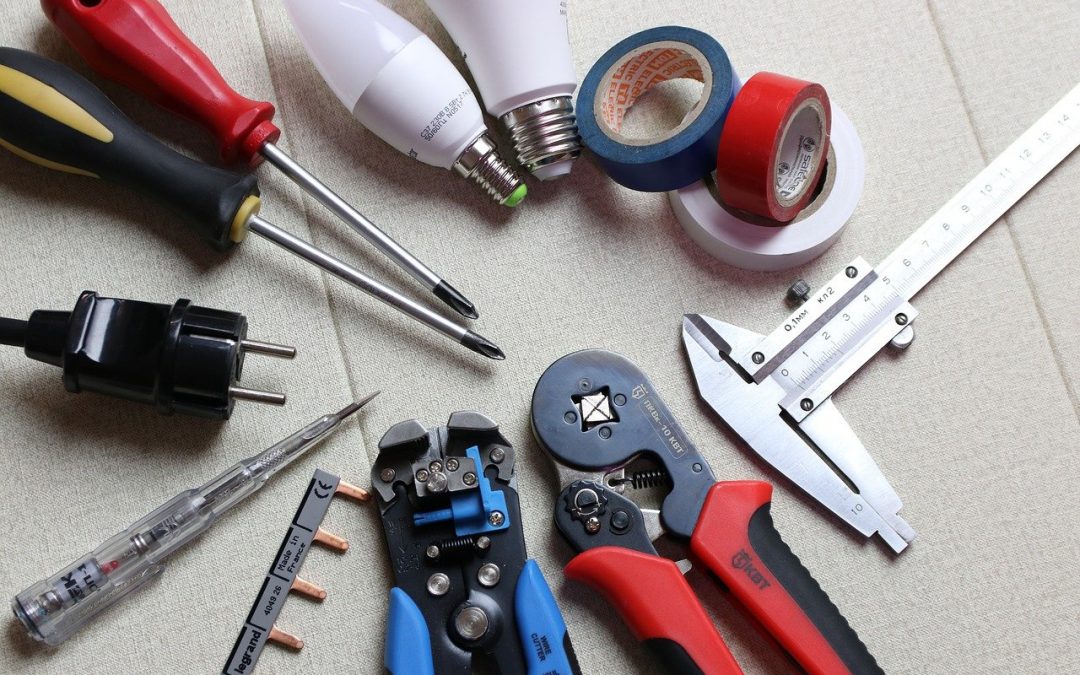Finding licensed electricians has become a necessity for everyone. It is not enough to know just anyone as your electrician. In order to ensure safety, security, and reliability, you need to hire someone who has passed all the necessary examinations to be a licensed electrician.
You can get a list of local electricians from telephone directories and the internet. But, finding licensed electricians has become very difficult because there are many people who are trying to rip you off, especially in the current economic crisis.
The first thing you need to do before finding licensed electricians is to make sure that they are licensed by the right body. This can easily be found out at the local division of the Electrical Safety Code. Dallas Electrician Experts have strict insurance policies on top of certifications that cater to clients.
All licensed electricians should carry their business cards and have their name, phone number, and email address. There should also be contact information on the website. After finding licensed electricians, you should find out whether they have insurance.

Some electricians may only have liability insurance while some will have both fire and liability insurance. If you are using a contractor, you should see whether the contractor has insurance. Finding insurance can save you hundreds of dollars as it covers any damage or loss that may occur during the work done by your electricians.
If the electricians are not insured, then the contractor will not be responsible and you could end up paying for the repair expenses on your own. When you are looking for a licensed electrician, you should look into finding non-union apprenticeship programs.
The union does not like non-union apprenticeship programs because it means more workers going out on strike. With this in mind, the electrician’s union does not like to see apprentices go into trades schools and complete an apprenticeship program without being properly trained.
Therefore, if you can find one that does not require an apprenticeship, it is good. It gives the electrician a leg up ahead of the competition. One of the biggest myths (or joke) is that most people need to get more education before they are qualified to become an electrician.
In reality, many states require no more than a high school diploma to start a career in this field. This is actually why so many people find themselves stuck in the “electrician recession.” Contractors that do not have enough non-union apprenticeship opportunities are having a hard time finding workers to do their work.
The non-unionized work available is not worth the high wages earned by these electricians who already have the benefits of corporate America. If you cannot find work in your area, then perhaps you should consider getting your education while you are still eligible.
A third myth is that all electricians have to be skilled in “all things electrical” in order to provide solar panel installation services. This might make sense if you are trying to figure out where to find licensed electricians for solar farms.
However, there are plenty of ways to distinguish between skilled professionals with solar farm work experience and someone who has simply never worked in this type of environment.
If you see someone who seems to know everything about solar farms but only knows enough about wiring issues to fix your lawnmower, then they are probably not the person you want to hire to install your solar panels.
Another common myth is that you can’t call an electrician if you run into trouble, which is why so many people hire an electrical contractor. The reason why you would need to call an electrician is that there are codes in place that must be followed if you are going to install a solar panel on your property.

It is also important to realize that different states have different laws regarding the installation of these panels on residential properties. The best way to avoid having problems is to make sure that you hire an experienced electrical contractor.
There are three types of licenses that electricians have when it comes to working as independent contractors. These are licensed practical electrician (or APR), licensed construction electrician (CFE), and a licensed electrician (or HOA’s).
The difference between each one of these is that the first two require specific training and education whereas the last type of license is a combination of all of the above.

